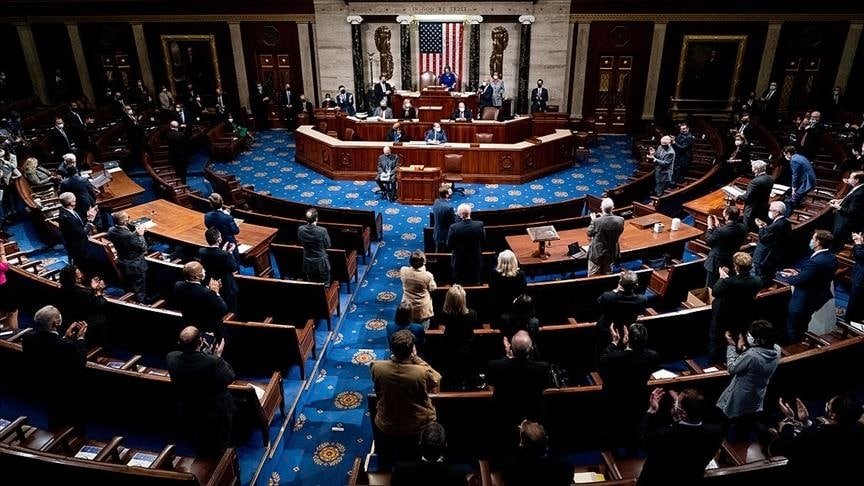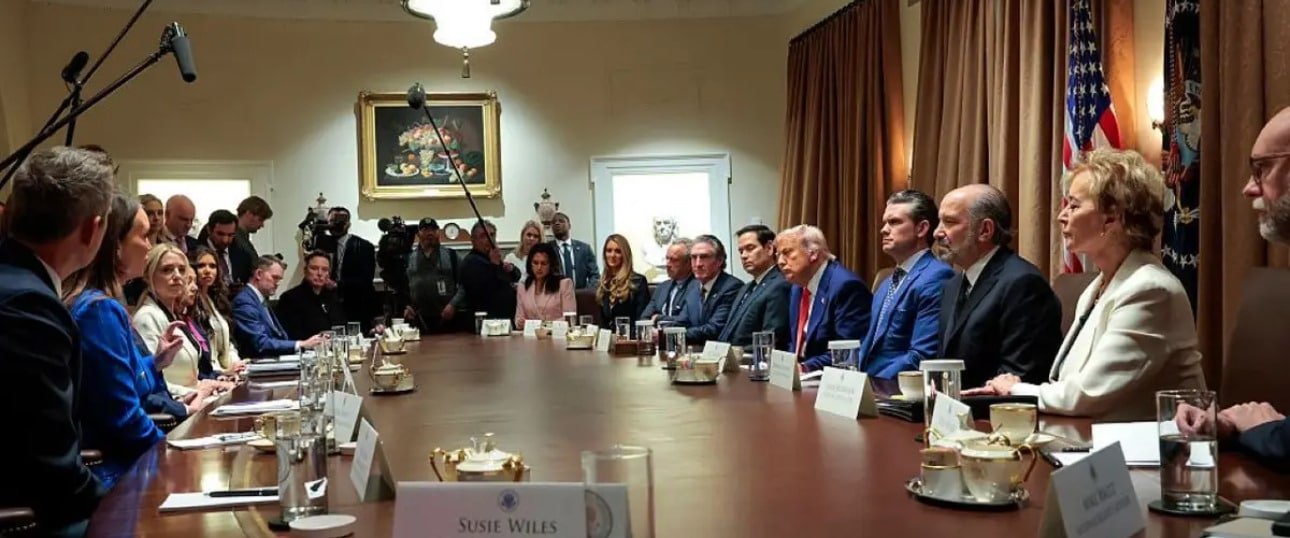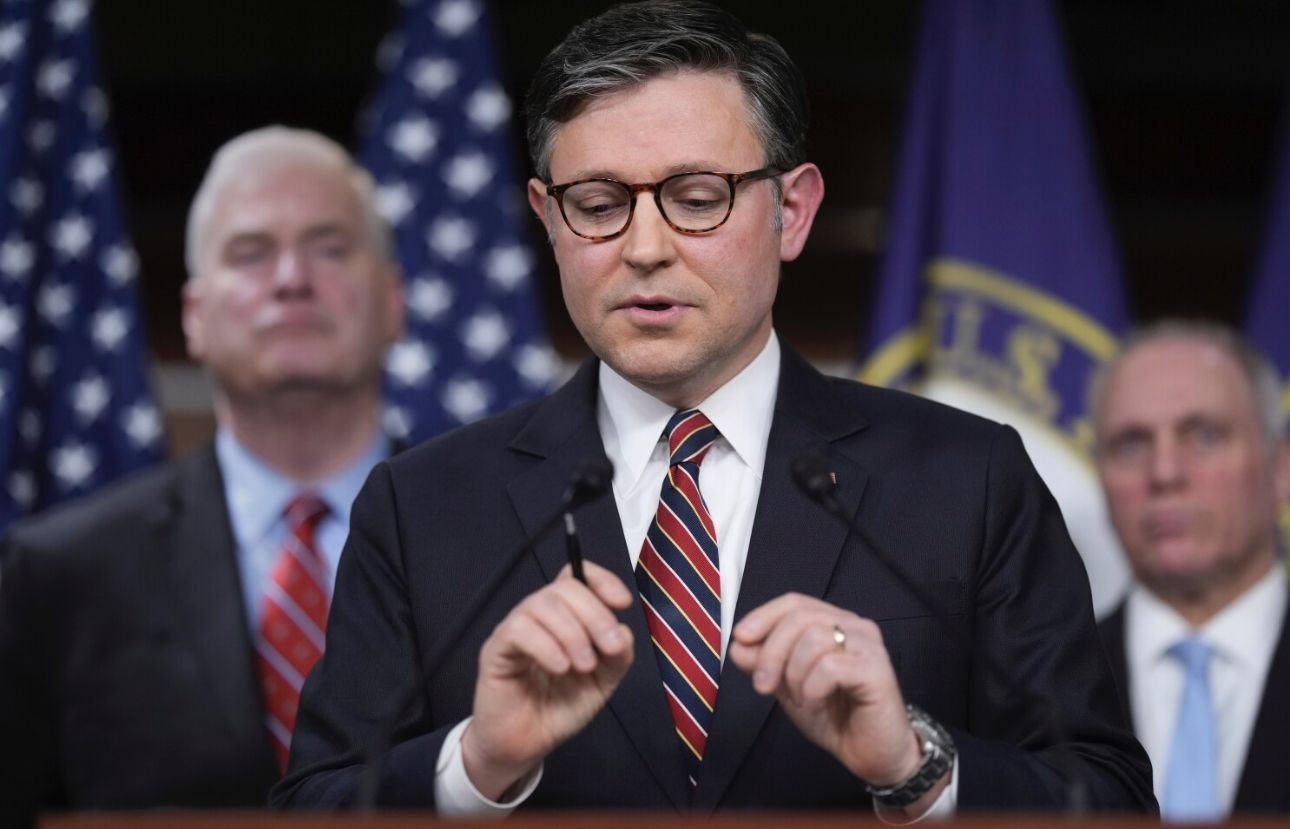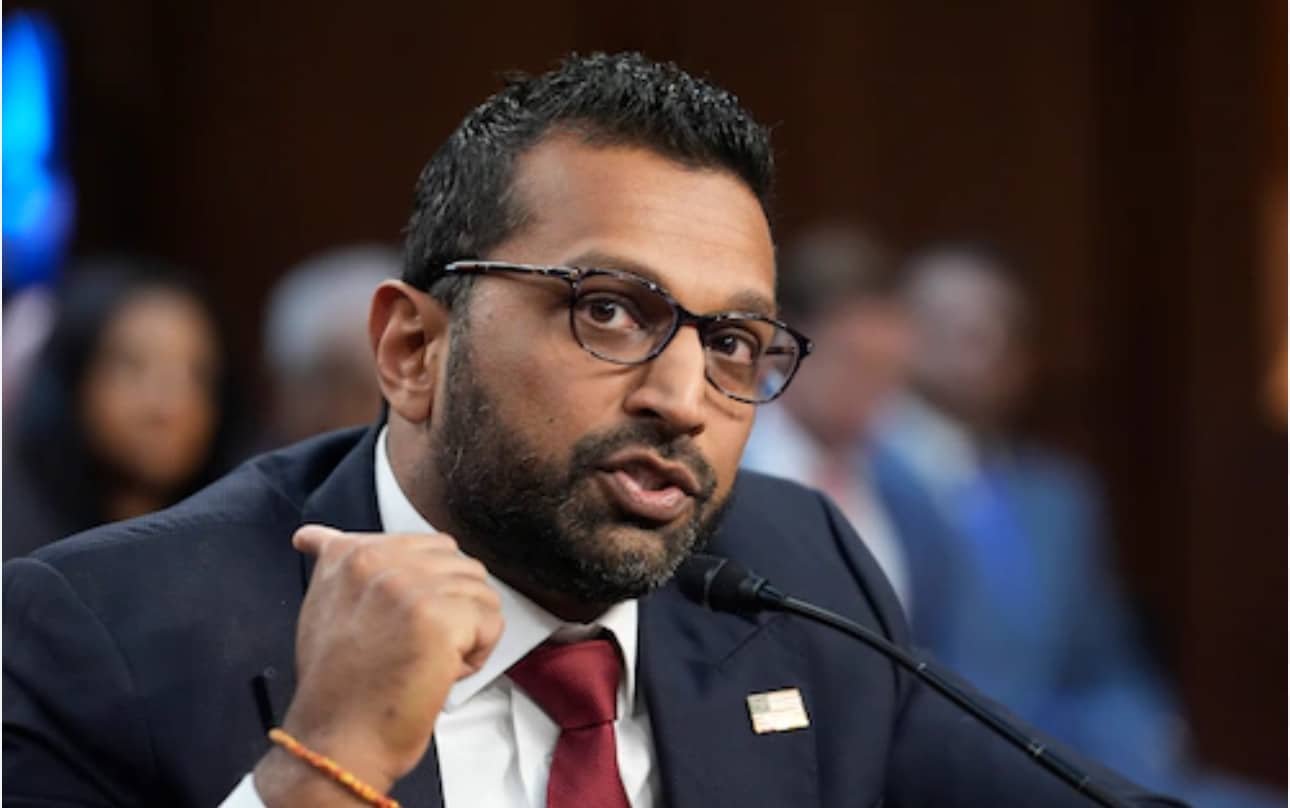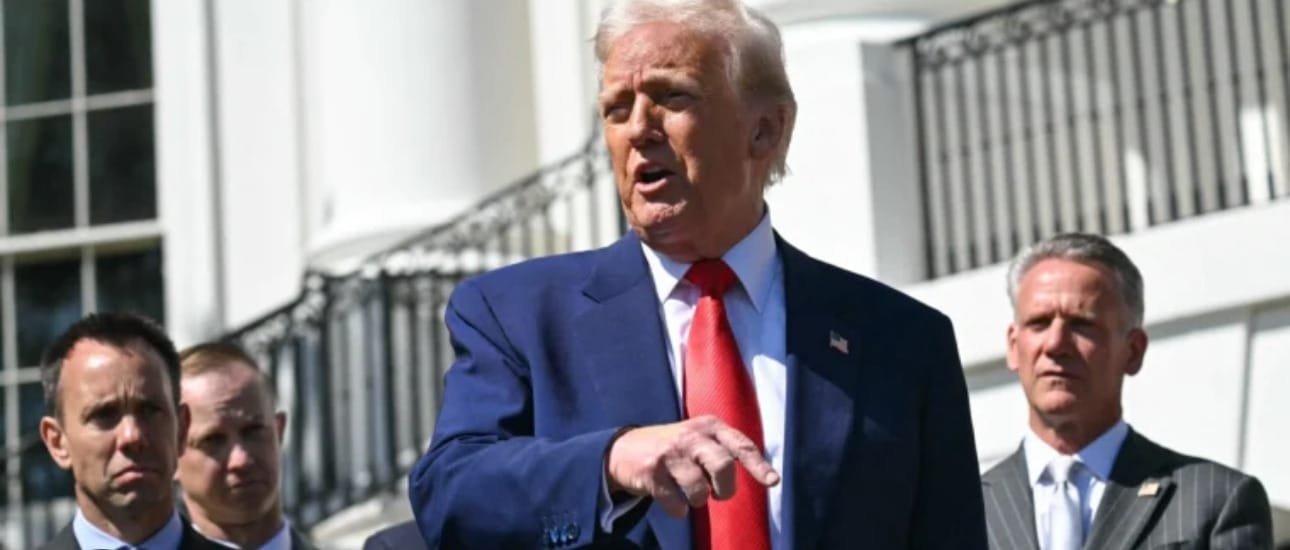The Importance of US Senators in Shaping National Policy
U.S. senators play a key role in shaping national policy. They were established in 1787 as part of the U.S. Constitution. The Senate has 100 elected officials, with two from each state.
Senators have many duties. They vote on important laws, join committees, and talk to their constituents. They help make decisions on healthcare, education, and national security.
Key Takeaways
- Two senators represent each U.S. state, totaling 100 senators in the Senate.
- Senators serve six-year terms, with one-third up for election every two years.
- The Senate is generally more deliberative than the House due to its smaller size.
- Senators play critical roles in confirmation of federal appointments and treaty approvals.
- Each senator’s office typically has about 30 staff members assisting in legislative duties.
- Senators spend a significant amount of time on constituent services, often around 70%.
The Role of US Senators in Policy Making
US senators are crucial in shaping national policy. They have unique powers and responsibilities. The Senate, a key part of the legislative branch, has a rich history.
It was created to give states a voice in the federal government. The Senate’s role today still reflects its historical importance.
The Historical Significance of the Senate
The Senate was designed to prevent quick, impulsive laws. It acts as a stabilizing force in the federal system. Its role helps balance policies, preventing sudden changes.
Since 1789, the Senate has kept its core duties. It shows the Senate’s vital role in American governance. Congressional investigations highlight the Senate’s commitment to oversight.
Institutional Powers Granted by the Constitution
The Constitution outlines the Senate’s powers. Senators can approve treaties with a two-thirds vote. They also advise on presidential nominations and conduct impeachment trials.
The Senate has 100 members. This structure allows for detailed policy discussions. The Seventeenth Amendment changed how senators are elected, making them more accountable to voters.
The Senate’s procedures aim for careful consideration. It acts as a check against hasty decisions.
The Importance of US Senators in Shaping National Policy
US senators are key in making national policy. They influence laws on big issues like healthcare and civil rights. Their decisions affect many areas, including foreign relations.
Influence of Senators on Key Legislative Decisions
US senators have a big say in laws. They help pick Supreme Court justices, which changes the courts’ power. This affects laws for years to come.
They also help decide on treaties, which is important for foreign relations. This shows their big role in shaping policy.
Case Studies of Impactful Senate Legislation
Many examples show how senators shape policy. The Affordable Care Act is a big one. Senators worked together to make it better.
They also helped with global health issues. For example, the U.S. Leadership Against HIV/AIDS, Tuberculosis, and Malaria Act of 2003 got support from both sides. This shows how senators can work together to pass important laws.
| Legislation | Year | Objective | Senate Influence |
|---|---|---|---|
| Affordable Care Act | 2010 | Healthcare reform | Crucial negotiations and amendments |
| U.S. Leadership Against HIV/AIDS, Tuberculosis, and Malaria Act | 2003 | Global health initiative | Bipartisan support for critical funding |
| PEPFAR Stewardship and Oversight Act | 2013 | Reauthorization of global health efforts | Broad coalition building |
| Supplemental Appropriations Act | 2010 | Emergency funding for Haiti | Rapid response coordinating |
These examples show how important senators are in making laws. They play a big role in the US’s legislative landscape.
US Senators’ Influence on Policy Making
US senators have a big role in making national policies. They control laws and spending, affecting areas like health, education, and infrastructure. The Senate checks and balances, making sure all views are heard.
Control Over Legislation and Appropriations
Senators do more than just vote. They help shape laws and decide how to spend money. This power lets them focus on important services. With a slim Democratic majority, each senator’s vote is crucial for big decisions.
Advice and Consent on Executive Nominations and Treaties
Senators also have a say in who gets important jobs and treaties. They check presidential picks, making sure they’re right for the job. For treaties, they need a big majority to approve, showing their big role in foreign policy.
| Aspect | Details |
|---|---|
| Control Over Legislation | Senate holds exclusive rights to amend and vote on legislation, affecting all areas of policy. |
| Appropriations | Senators influence federal funding, impacting crucial services like healthcare and education. |
| Advice and Consent Power | Senators review and approve presidential appointments, ensuring representation of diverse perspectives. |
| Treaty Ratification | Treaties require a two-thirds Senate majority, demonstrating their role in shaping foreign policy. |
The Senate as a Deliberative Body
The Senate is known for its thoughtful debates. This is thanks to its traditions and rules. These help create a space where everyone’s voice is heard.
Respect and thorough discussion are key in the Senate. Rules guide these talks, keeping things orderly. This affects how laws are made.
Traditions and Rules that Define Senate Conduct
The Senate values debate highly. In the past, debates on big bills lasted for weeks. Now, they’re often shorter.
Today, the majority leader uses tools to control discussions. This has changed how senators work together. Yet, senators still have the same power as before.
The Role of Filibusters and Cloture in Senate Debates
Filibusters let senators slow down votes on bills. This shows the Senate’s commitment to careful thought. Cloture, on the other hand, requires a big majority to stop debate.
These tools shape how the Senate deals with important issues. Knowing how they work helps us understand the Senate’s role in government.
How US Senators Shape National Policy
US Senators are key in making national policy. They work together and build alliances in the Senate. This teamwork is crucial, especially when the government is divided. It leads to better laws being passed.
Bipartisanship and Building Alliances
The Senate is currently led by the Republican Party with 53 seats. Democrats have 47 seats, including two independents. This means senators must work together to pass laws. Issues like health care and energy policy are often contentious.
Recent elections show Republicans are gaining ground in areas once Democratic. This change requires senators to be more responsive to voters’ needs.
Engagement with Constituents and Stakeholders
Good senators listen to their constituents. They understand what people want. This helps them make better policies.
They use local campaigns to connect with voters. Senators like Tammy Baldwin and Alyssa Slotkin have shown this works. By listening to voters, they stay relevant in a divided country.
| Senator | State | Election Year | Outcome |
|---|---|---|---|
| Tim Sheehy | Montana | 2024 | Defeated incumbent Jon Tester |
| Bernie Moreno | Ohio | 2024 | Defeated incumbent Sherrod Brown |
| Dave McCormick | Pennsylvania | 2024 | Defeated incumbent Bob Casey |
| Jim Justice | West Virginia | 2024 | Defeated incumbent Glenn Elliott |
This table shows big changes in the Senate. It shows how alliances and election strategies shape policy. Senators’ work affects both local and national levels. They navigate complex roles through partnerships and responsive governance.
The Significance of US Senators in National Policy Decisions
US Senators play a key role in making national policy. Their choices can change America for years to come. They help solve big national problems and shape society.
Examples of Senators Shaping Public Policy
US Senators are crucial in creating laws. They help ratify treaties, which affects foreign relations. For example, the treaty with Japan in 1952 still impacts US-Japan relations today.
Long-term Effects on American Society and Governance
Senator actions can change society and policies. They have led to big changes in America. For example, during the Vietnam War, they influenced public opinion.
Acts like the Inflation Reduction Act show their power. They can make big changes in the economy and environment. So, senators are very important in shaping America’s future.
Conclusion
US senators are key in shaping national policy. They have a big role in making decisions that impact all Americans. Their actions have shaped history, like when they unanimously chose Alexander Hamilton as Secretary of the Treasury in 1789.
The Senate has confirmed 128 Supreme Court justices and over 500 cabinet members. This shows their crucial role in policy-making.
Senators listen to their constituents, making sure everyone’s voice is heard. They work across party lines to create laws that meet the people’s needs. For instance, they consider public support for issues like a $15 minimum wage or stricter gun laws.
The Senate also protects minority rights, which is crucial in today’s world. With public trust in government at an all-time low, understanding the Senate’s role is vital. It helps us see how local and national interests come together in the US.
FAQ
What is the role of US Senators in shaping national policy?
US Senators are key in shaping national policy. They take part in the legislative process. This helps reflect both state and national interests.
How do US Senators impact national policy decisions?
Senators shape policy by creating, debating, and voting on laws. They also approve treaties and confirm presidential picks. This ensures diverse views are heard.
Why is the Senate considered a “deliberative body”?
The Senate is called a “deliberative body” for good reason. It has traditions and rules for thoughtful debate. This lets minority views be heard and ensures laws are well-considered.
What are some examples of landmark legislation influenced by US Senators?
Senators were key in passing the Affordable Care Act and the Civil Rights Act. Their efforts have had a big impact on American society.
How do US Senators engage with their constituents?
Senators listen to their constituents on policy issues. They use this feedback to guide their work. This makes them more accountable and helps bridge political divides.
What is the significance of the Senate’s “advice and consent” role?
The “advice and consent” role lets senators review and approve key presidential picks and treaties. This adds more perspectives to government decisions.
How has the role of US Senators evolved over time?
The role of US Senators has changed, especially with the Seventeenth Amendment. This amendment made them more accountable to voters. Yet, they still act as a check on the House.
Source Links
- What does a senator do? – https://www.careerexplorer.com/careers/senator/
- Before you vote for a senator, here are some facts about what they actually do – https://theconversation.com/before-you-vote-for-a-senator-here-are-some-facts-about-what-they-actually-do-193703
- U.S. Senate: Powers and Procedures – https://www.senate.gov/about/powers-procedures.htm
- The Idea of the Senate – https://www.senate.gov/history/IdeaoftheSenate.htm
- Congress and the Separation of Powers | U.S. Capitol – https://www.visitthecapitol.gov/exhibition/congress-and-separation-powers
- The U.S. Congress and Global Health: A Primer | KFF – https://www.kff.org/global-health-policy/report/the-u-s-congress-and-global-health-a-primer/
- United States Congress – https://en.wikipedia.org/wiki/United_States_Congress
- The Formulation of Health Policy by the Three Branches of Government – Society’s Choices – https://www.ncbi.nlm.nih.gov/books/NBK231979/
- How Senate and House Elections Will Shape U.S. Tax Policies – https://www.cbh.com/insights/articles/how-senate-and-house-elections-will-shape-u-s-tax-policies/
- PDF – https://rooseveltinstitute.org/wp-content/uploads/2020/07/RI_Fixing-The-Senate_report-201903.pdf
- How senators can restore the world’s greatest deliberative body – R Street Institute – https://www.rstreet.org/commentary/how-senators-can-restore-the-worlds-greatest-deliberative-body/
- The Senate: Threat or Backbone of American Democracy? | BillTrack50 – https://www.billtrack50.com/info/blog/perspectives-on-the-senate
- Balance of Power in the U.S. House and Senate – Bloomberg Government – https://about.bgov.com/insights/congress/balance-of-power-in-the-u-s-house-and-senate/
- About the Senate and the Constitution – https://www.senate.gov/about/origins-foundations/senate-and-constitution.htm
- The Meaning of “Advice and Consent”: The Senate’s Constitutional Role in Treatymaking – https://repository.law.umich.edu/context/mjil/article/1471/viewcontent
- What Roles Do Congress and the President Play in U.S. Foreign Policy? – https://education.cfr.org/learn/reading/what-roles-do-congress-and-president-play-us-foreign-policy
- U.S. Senate: Constitution – https://www.senate.gov/artandhistory/senate-stories/constitution.htm
- Saving Democracy from the Senate – https://dc.law.utah.edu/cgi/viewcontent.cgi?article=1378&context=ulr

